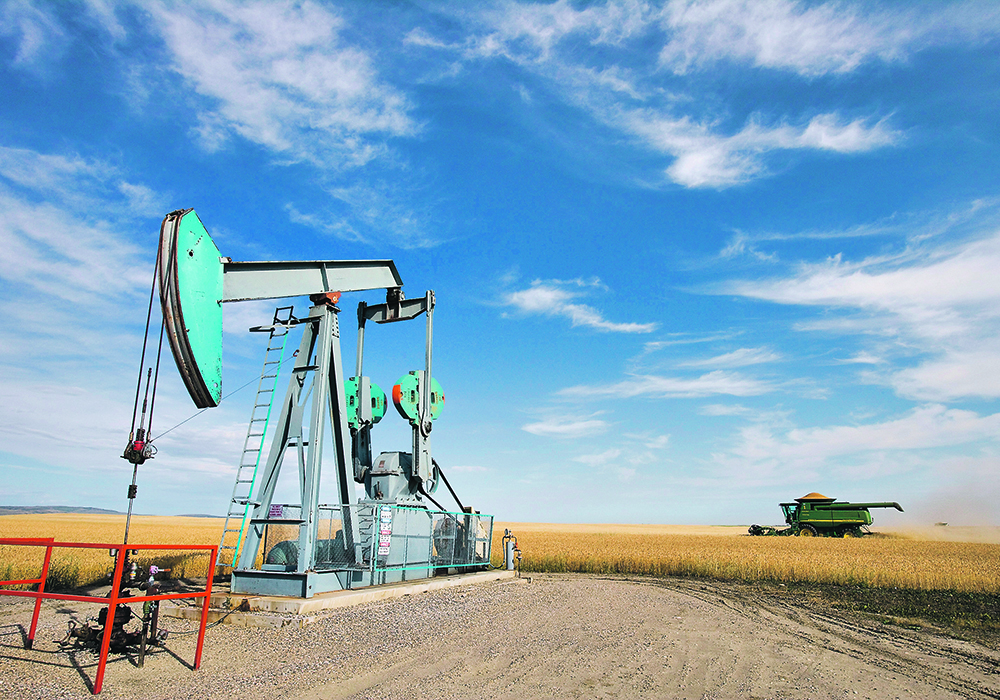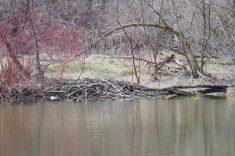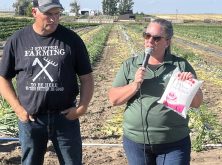Everything went according to plan for Danielle Smith’s United Conservative Party in the Alberta provincial election.
Months ago, when Smith’s missteps were evoking almost weekly apologies, she confidently asserted that her party only needed a few victories in Calgary because the rural ridings would provide unwavering support for the UCP. She nailed it.
In the riding of Livingstone-Macleod, more than 65 percent of voters chose the UCP. They were very forgiving of the UCP’s attempt to turn their mountains into a coal miner’s paradise and rejected the NDP’s promise to ban coal mining from the region.
Read Also

Farmer ownership cannot be seen as a guarantee for success
It’s a powerful movement when people band together to form co-ops and credit unions, but member ownership is no guarantee of success.
The wildfires raging in northern Alberta also had little impact on the election results. There can’t be many people in this region that take climate change seriously because it’s well documented that as the atmosphere warms up, the frequency and severity of wildfires will continue to increase.
World-renowned Canadian climate researcher Katherine Hayhoe is chief scientist for the Nature Conservancy and a professor at Texas Tech University. She’s also a devout Christian and in 2012 was named one of Christianity Today’s 50 Women To Watch.
Hayhoe states, “I don’t accept global warming on faith: I crunch the data, I analyze the models, I help engineers and city managers and ecologists quantify the impacts. The data tells us the planet is warming; the science is clear that humans are responsible; the impacts we’re seeing today are already serious; and our future is in our hands.”
In Hayhoe’s book, Saving Us, she describes a study in the United States that showed political affiliation had the biggest impact on a person’s views on climate change, regardless of the respondent’s level of knowledge on the subject. Although concerned about climate change, conservatives tend to downplay the risks and believe that solutions will be found once things get really serious.
In March 2023, the Alberta government stated the 22 percent (average) increase in crop insurance was “mainly due to higher crop prices, more producers participating in the insurance program and impacts from the 2021 drought.”
The Agriculture Financial Services Corp. paid out a record $2.8 billion in 2021 and another $1.3 billion in 2022.
The 2023 season is off to a poor start, with little rain and a mountain snowpack well below the 30-year average. The scientific consensus is that this trend will continue to get worse if the world cannot transition away from the burning of fossil fuels.
In her election victory speech, Smith reiterated that her government would not stand for federal attempts to limit fossil fuel production in Alberta and would challenge the new Clean Electricity Standard designed to transition away from natural gas electricity generation.
If Smith achieves her goals, the burning of Alberta oil and gas in Canada and around the world will increase over the next four years, contributing to future droughts and water supply shortages in Alberta.
It should be no surprise that the UCP will provide single-minded support to an industry that generates more than $80 billion annually to the province’s gross domestic product. The $8 billion contribution to GDP from Alberta’s agri-food industry is significant, but pales compared to oil and gas.
Alberta producers’ enthusiasm for political parties that support an oil and gas industry seems misplaced when unrestrained CO2 emissions could devastate the agri-food business before the end of the century. As glaciers and winter snowpacks disappear, water shortages will become as extreme as we’ve been witnessing in California and the U.S. Midwest. Rural Alberta voters may be shooting themselves in the foot.
Robert Miller is a retired systems engineer, formerly with General Dynamics Canada, who volunteers with the Calgary Climate Hub and writes on behalf of Eco-Elders for Climate Action. He lives in Calgary.















